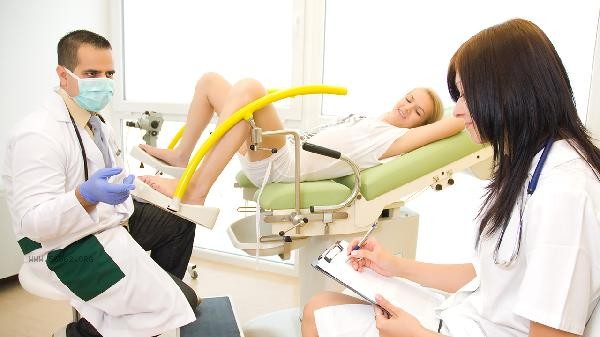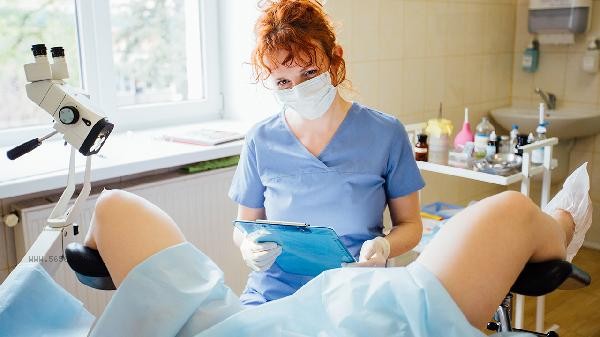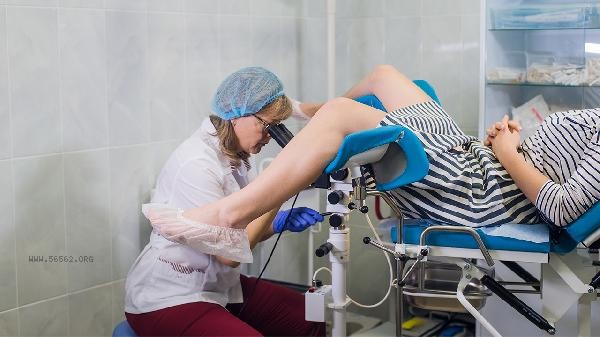A positive white blood cell enzyme in gynecological examination usually indicates the presence of inflammatory reactions, which can be intervened through local vaginal medication, oral antibiotics, adjusting lifestyle habits, enhancing immunity, regular follow-up, and other methods. Common causes include bacterial vaginitis, trichomonal vaginitis, cervicitis and other infectious diseases.

1. Local vaginal medication:
For mild infections, local medications such as clotrimazole suppositories and metronidazole vaginal effervescent tablets can be used to directly act on the affected area. Clean the external genitalia before use, avoid menstruation, and refrain from sexual activity during medication. Local medication has minimal side effects and is suitable for pregnant women or those who are intolerant to oral medication.
2. Oral antibiotics:
For moderate to severe infections, broad-spectrum antibiotics such as metronidazole and levofloxacin should be taken orally. Complete the prescribed treatment course to avoid the development of drug resistance, as gastrointestinal reactions may occur during medication. Patients with diabetes or low immune function need to extend the medication cycle and conduct drug sensitivity test when necessary.
3. Adjust lifestyle habits:

Change pure cotton underwear daily and wash it with boiling water, avoiding using alkaline washes to wash the vagina. Change sanitary pads frequently during menstruation and pay attention to cleanliness before and after sexual activity. Reduce behaviors such as wearing tight pants and sitting for long periods of time, and keep the external genitalia dry and ventilated. Suspend the use of non breathable products such as sanitary pads.
4. Enhance immunity:
Ensure 7-8 hours of sleep per day, supplement with vitamin C and probiotics. Perform aerobic exercise such as brisk walking and swimming three times a week to control blood sugar and lipid levels. Long term stress can lower local immunity, and anxiety can be alleviated through meditation and music therapy.
5. Regular follow-up: After the end of
treatment, a routine check of vaginal discharge should be conducted after the next menstrual period to confirm the negative conversion of white blood cell enzymes. Repeatedly positive individuals need to be screened for infections caused by special pathogens such as mycoplasma and chlamydia. When organic lesions such as cervical erosion or polyps are combined, physical therapy or surgical treatment should be performed simultaneously.

It is recommended to increase the intake of fermented foods such as yogurt and natto in daily diet, and supplement beneficial bacteria such as lactobacilli. Avoid excessive intake of spicy and stimulating foods and sweets, and control the intake of caffeine beverages. You can choose herbal drinks with anti-inflammatory effects such as dandelion tea and honeysuckle tea. Maintain moderate exercise habits, but avoid activities such as swimming and soaking in hot springs that may cause cross infection. Establish a regular gynecological examination plan, and it is recommended that women of childbearing age undergo a combined TCT and HPV screening once a year. When partners have related symptoms, they should be treated together to avoid repeated cross infection.









Comments (0)
Leave a Comment
No comments yet
Be the first to share your thoughts!